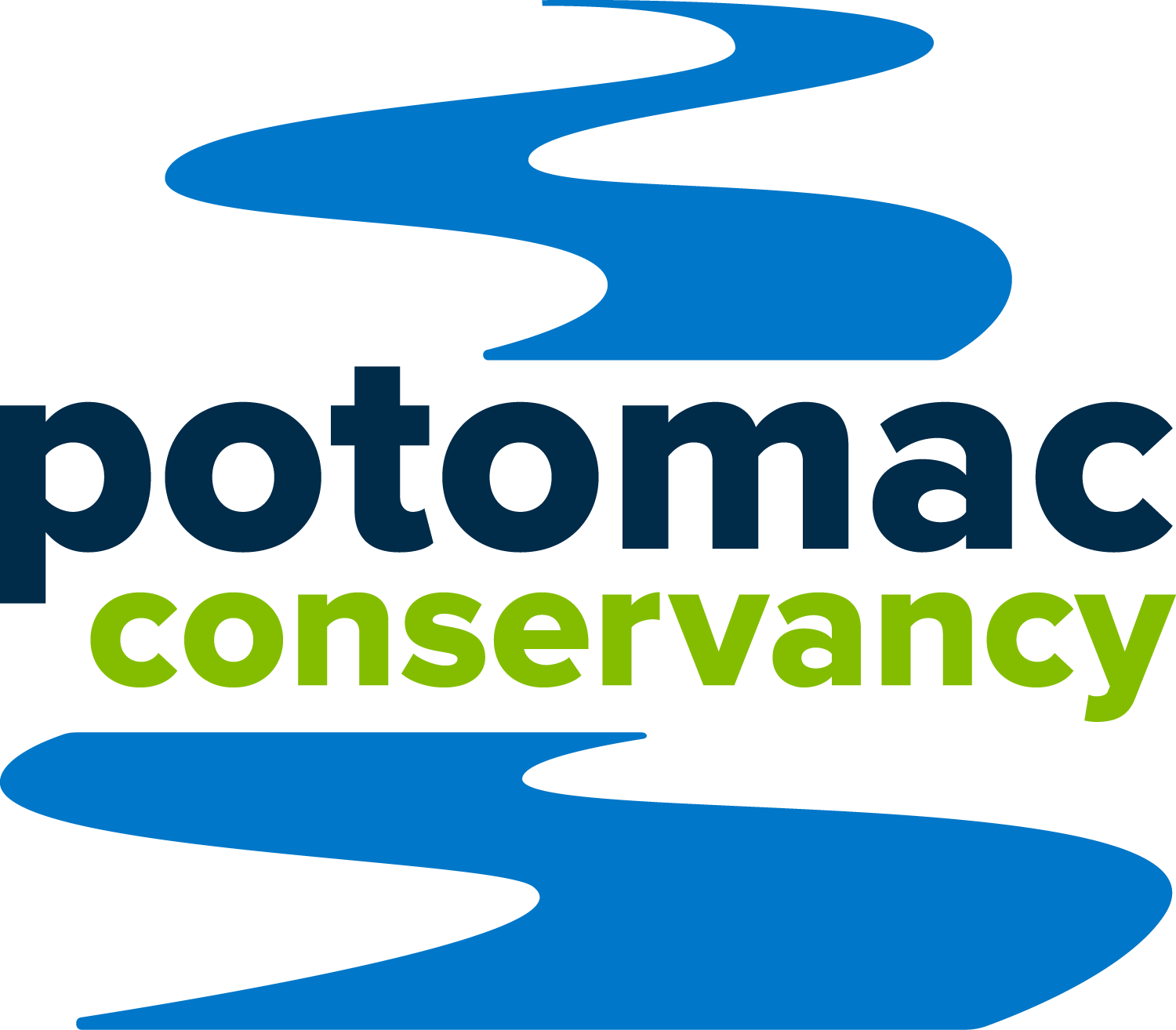Your lawn might be a polluter. Here's what you can do.
/Having a beautiful lawn and protecting clean water can go hand in hand
Having a beautiful lawn has its perks. A well cared for lawn boosts your curb appeal, improves air quality, and increases your property value. It’s also just not as fun to play a game of cornhole on concrete. Unfortunately, some homeowners choose to sacrifice the health of local streams and creeks to create the “perfect” lawn.
Caring about the way your lawn looks and caring about clean water aren’t incompatible. By learning more about how your lawn care routine impacts the environment, you can make small changes that will both benefit your lawn and protect local streams and wildlife.
Out with the old, invest in the new
Gas-powered lawn mowers, which release more carbon pollution in an hour than a newer car would on a four-hour drive, aren’t just bad for the air. Mowers can spill fuel and pollute groundwater and local rivers.
Investing in new lawn equipment, such an electric mower, or even a solar-powered model, might come with an up-front cost but will save you money on gas, upkeep, and it will benefit the streams, trees, and local animals we all love.
Nutrient overload: too much of a good thing
Phosphorus is a natural nutrient found in soil that contributes to the health of your lawn; but if your lawn already has a sufficient level of phosphorus, your fertilizer could be doing more harm than good. When your lawn can’t absorb more phosphorus, it gets washed away by rain or sprinklers, running off your property into sewage drains and polluting nearby rivers, lakes, and streams.
Even in small amounts, excess phosphorus can cause significant damage to waterways. It acts as a superfood for algae, harms water quality, and causes an imbalance of oxygen in the water, killing fish and other aquatic life. Phosphorus and nitrogen pollution cause algal blooms currently plaguing the Chesapeake Bay and other local waters.
The good news is that prosperous pollution is largely avoidable, as it’s likely that your lawn doesn’t need additional phosphorus. Lawn care companies usually offer free soil testing, and they can tell you what nutrients you need to restore balance to your lawn.
There are also ways you can keep your yard naturally rich in phosphorus without the use of fertilizers:
- Composting: Composted fruits and vegetables are a wonderful source for natural phosphorus. These organic materials are nutrient-rich and release phosphorus slowly, reducing the risk of polluting water.
- Mowing: Instead of bagging the clippings when you mow your lawn, let them return nutrients to your landscape. Grass clippings naturally release phosphorus as they decompose. Just be careful not to let a thick mat of clippings block sunlight and oxygen from reaching your soil!
- Avoid Over-Watering: Over-watering is bad for your lawn health in general, but it also increases the odds of washing phosphorus into local streams and creeks.
Chances are your herbicides are hurting more than just weeds
The use of lawn and garden herbicides and pesticides has been increasing over the last several decades, and while these chemicals can pack a powerful punch for your landscape, they can have unintended results. We all have a responsibility to research the products we use and their potential impacts.
Not only can the chemicals you use on your lawn be harmful to your family and pets, but they also pose a threat to water and wildlife. Pesticides are toxic to birds, amphibians, bees, and organisms that keep soil healthy. Excess chemicals can wash off lawns when it rains and pollute streams and creeks.
The best solution to prevent the harmful effects of herbicides and pesticides is to work with a licensed lawn care professional. Trained technicians will know what precautions are necessary to safely apply these formulas and reduce harm to wildlife and local streams and creeks.
If you’re committed to applying chemicals yourself, consider using biopesticides. Biopesticides are made from naturally occurring substances that control pests by non-toxic mechanisms. By naturally deterring pests, interfering with mating, or attracting pests to traps, these pesticides are much less harmful.
Blades of Green is a locally-owned, family business that’s been serving Maryland and Northern Virginia for over 25 years. For more tips on how to keep your lawn healthy and river friendly, visit their blog >





